
The Benefits of Hyaluronic Acid
Hyaluronic acid (aka sodium hyaluronate or hyaluronan) is found naturally in your horse’s synovial fluid, which is the fluid contained...
» View Article
Hyaluronic acid (aka sodium hyaluronate or hyaluronan) is found naturally in your horse’s synovial fluid, which is the fluid contained...
» View Article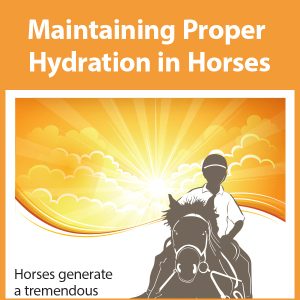
Horses generate a tremendous amount of heat in their bodies when they exercise or when they are stressed.
» View Article
Does your horse struggle with dull, flaky hair coat? Are his mane and tail dry and brittle? The quality of...
» View Article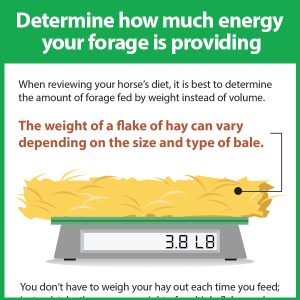
Click here to download a print version of this infographic. Text-only version of “Determine how much energy your forage...
» View Article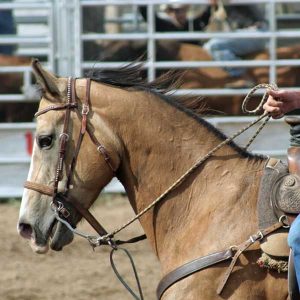
Electrolytes perform critical functions within your horse’s body. They help regulate nerve and muscle functions by carrying electrical impulses between...
» View Article
Horses with a busy lifestyle are at high risk for digestive upset. Limited grazing, larger grain meals, and frequent traveling...
» View Video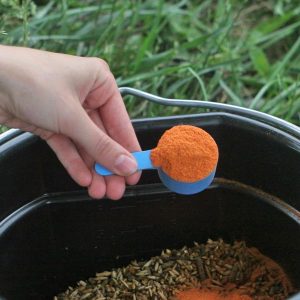
What are electrolytes? Imagine you are riding your horse on a hot summer day. If you do more than walk,...
» View Article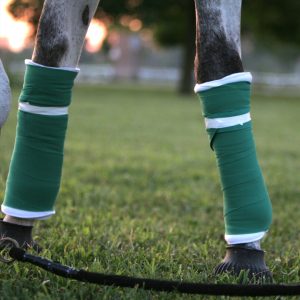
Allergens from feed, bedding or the environment (dust, mold, pollen) can lead to systemic inflammation that causes fluid to leak...
» View Article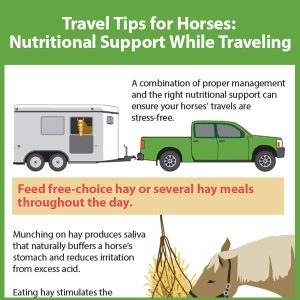
Travel Tips for Horses- Part 2: Nutritional Support While Traveling
» View Article
Travel Tips for Horses- Part 1: Plan Ahead
» View Article
They have 700 different skeletal muscles. In fact, 60% of a horse’s body weight is muscle. During exercise, muscle metabolism...
» View Article
Vitamin E is essential for the performance horse Vitamin E, the major lipid-soluble antioxidant defense in cells, plays an important...
» View Article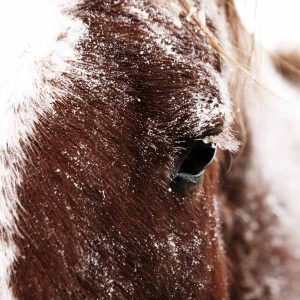
When the temperatures drop below freezing, opt out of strenuous work and choose other activities for your four-legged partner. Research...
» View Article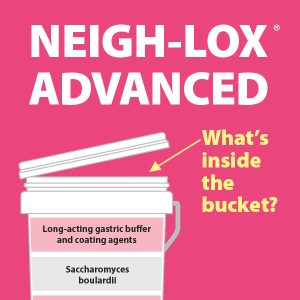
Neigh-Lox Advanced contains a proprietary blend of research-proven ingredients that work synergistically to maintain healthy equine GI tract tissues.
» View Article
Some horses gain weight when given a winter break from trail riding, training, and/or showing. The extra weight can make...
» View Article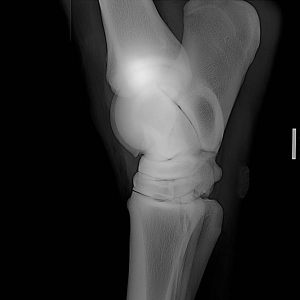
Hyaluronic acid (HA) is an integral component of synovial fluid and articular cartilage. It is responsible for lubrication of the...
» View Article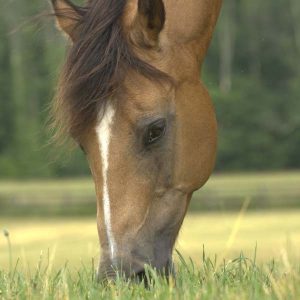
Certain types of horses are at higher risk of developing vitamin deficiencies than others. It may be because they are...
» View Article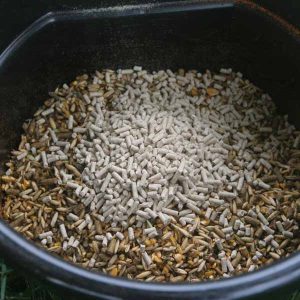
It can be hard to get a picky eater to consume enough calories to maintain optimal condition. Digestive aids, such...
» View Article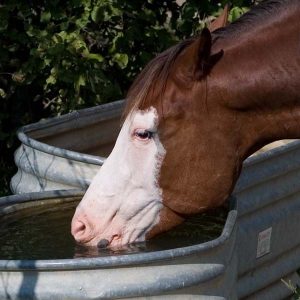
When it is hot out, exercise and other stressors can lead to dangerous dehydration. Horses generate a tremendous amount of...
» View Article
“I have only a few weeks’ worth of electrolyte supplement left in my bucket. With fall and winter approaching, do...
» View Article
“Tying-up” is one of the more common muscle disorders found in horses. In fact, we now know that there are...
» View Article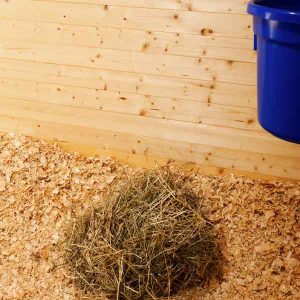
Vitamins and minerals are vital to the horse’s physical well-being. Without sufficient vitamin and mineral intake, it is impossible for...
» View Article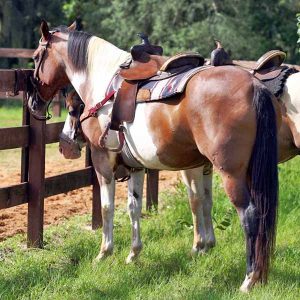
To ride or not to ride, that is the question. Temperature alone is not a good guide when it comes...
» View Article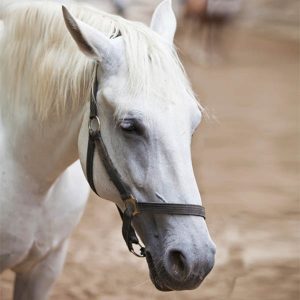
A scoop of grain and two fluffy flakes of hay in the morning. A scoop of grain and two fluffy flakes...
» View Article
"*" indicates required fields